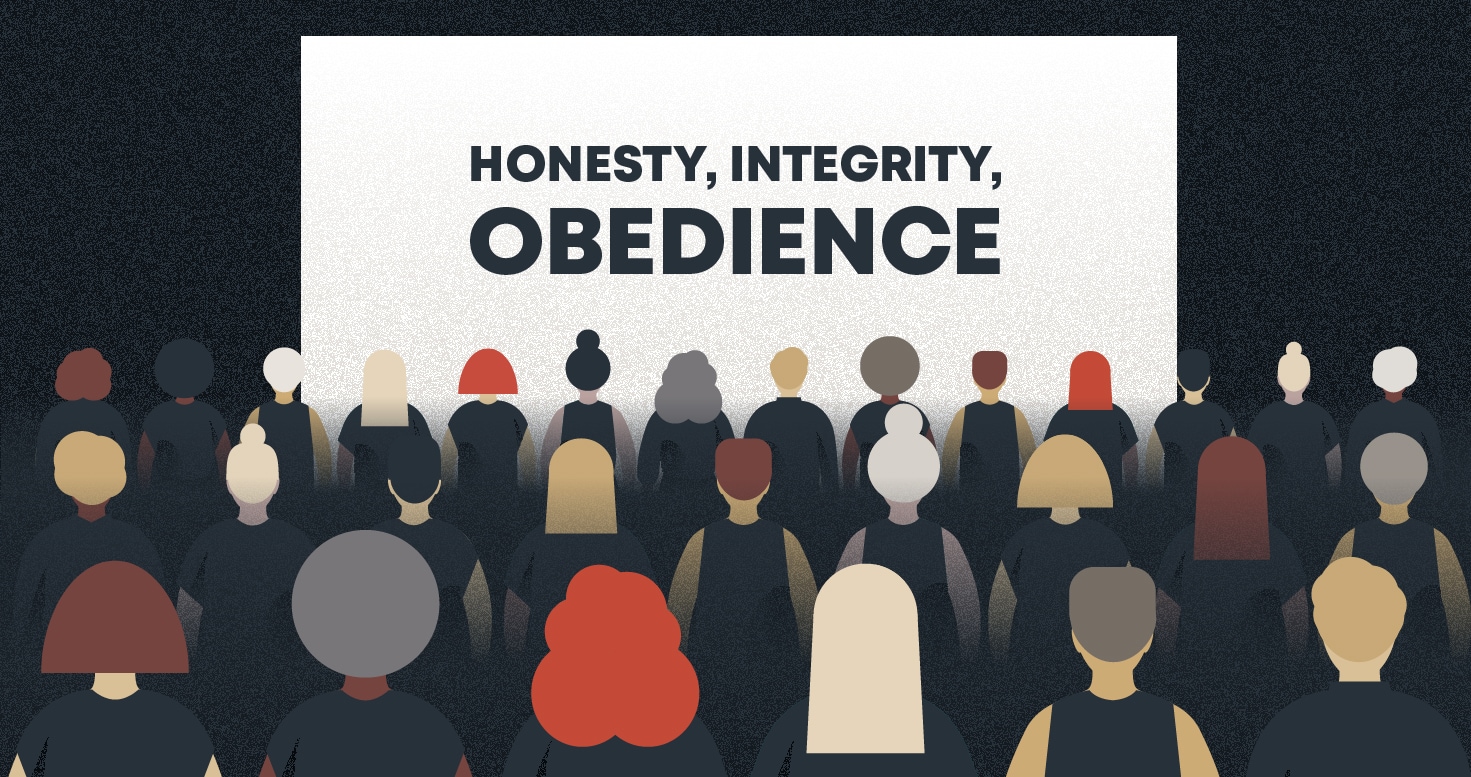
How Kinesis Spends Our Marketing Dollars
It can be difficult to define a marketing budget, but it helps to look at how peers are allocating resources. We decided to start with ourselves.

Think back to the last big business decision you had to make—one that put you in a real quandary. You probably labored over that decision, pacing your office. Maybe it kept you up at night. How did you ultimately choose the right path forward?
Next question: What if you weren’t around to make it? Would your leadership team have reached the same conclusion you did? How about the rest of your staff? Or, let’s say, an intern on their first day?
If you’re not sure, you should be nervous—since that’s an indicator that you haven’t established a clear set of guiding principles to drive behavior and decision making. We call these values.
“But wait!” you might be saying, “I do have values. They’re even written on our website!” If so, congratulations! You’re already one step ahead of most. Former Zappos CEO Tony Hseih famously said that if he could start the company over again and do one thing differently, it would be to develop values sooner. So, great job so far.
But if you’re like most companies, then I have a few hunches about your current values:
Built to Last made the case that the best and most successful companies had a set of core values—since 80% of the Fortune 100 touted their values publicly. This prompted managers to stampede to offsite meetings to conjure up some values of their own, perhaps operating under the delusion that correlation equaled causation.
But as we know, putting words on the wall do not a culture make. And while profits may be a byproduct of successful values, they can’t be the motivation.

Likewise, some companies use values as a way to relay their commitment to their customer. This is where values like “Quality” or “Service” or “Integrity” start to pop up—as a promise to the world about your honest business dealings. Unfortunately, these types of values start to sound a lot more like table stakes.
After all, how necessary (and believable) is it to tell a customer you plan to be good stewards of their money?

It’s true that values should help you communicate what’s important to your organization, but that doesn’t mean values are a way to whip your team into shape. Some companies establish values based on what they currently see as broken or missing (“Employees are constantly wasting time, so I’ll make ‘Efficiency’ one of our values”)—or, worse, use them as policing tools.
Not only should your values already be true (more on that in a moment), they must also be motivating and inspiring. That will hardly be the case if they’re used to bludgeon people into good behavior.

Fortunately, Kinesis has been writing values for decades—and we’ve learned a few lessons about how to structure them for maximum effectiveness:

And how to know if you’ve done them correctly? We also have a set of litmus tests to ensure your values are set up for success.
And lastly…
When done right, values can be painful. They lead to some uncomfortable conversations. They make it abundantly clear who among your team, clients, or partners doesn’t align anymore. It’s not uncommon to see a sweep of changes follow a values exercise. Buffer let go of a third of their staff after their values were solidified. As their co-founder remarked:
“That’s what culture does. It’s a disinfectant—it hurts a lot, but you end up being a lot stronger.”
Stronger is right. Feeling aligned with a company’s values is one of the top reasons employees love where they work, and the primary reason that consumers feel they have a relationship with brands. If the values written on your website aren’t delivering that, it might be time to disinfect.
Kinesis helps businesses craft effective values that fuel remarkable company culture. Meet some of our happy clients.
Get insights like this straight to your inbox.